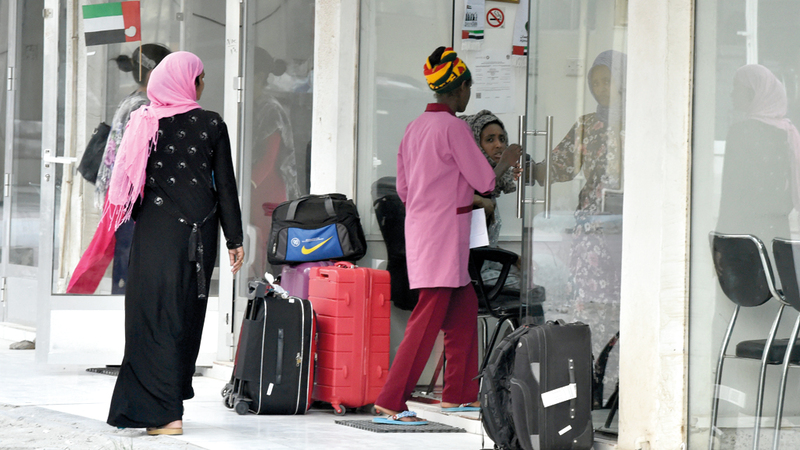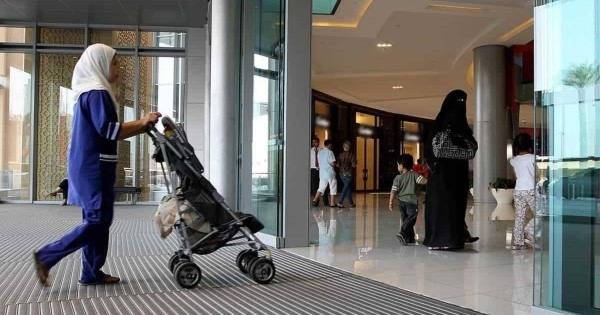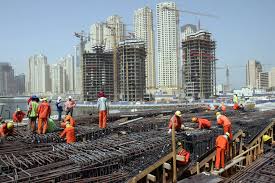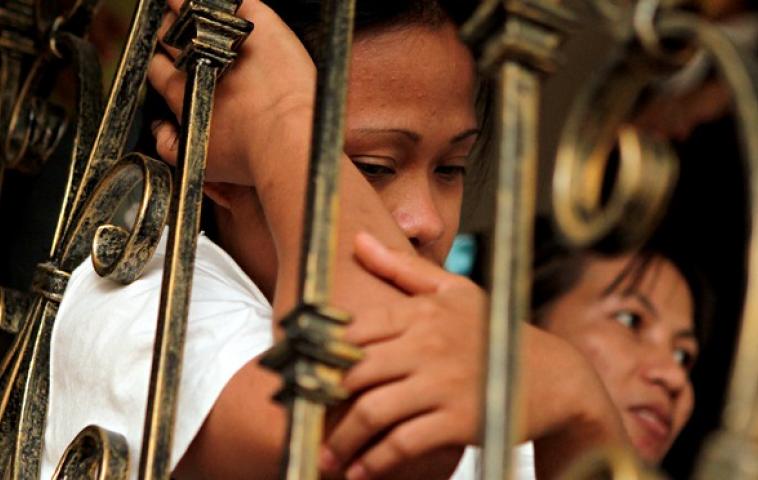Summary The United Arab Emirates is the country with the highest proportion of international migrants in the world. Labour migration in the kingdom is governed by a restrictive and abusive system, named kafala, that causes numerous and well-documented abuses. This briefing paper contextualizes the kafala system in the Gulf Cooperation Council (GCC) countries and the[…]
Indian women migrant workers in the Middle East and North Africa (MENA) region are expected to reach 6 million in 2-3 years. Due to the loosening of labour restrictions regarding women in the region, for example, the removal of restrictions on work during night hours, there has already been a 23% growth in demand for[…]
Saudi Arabia faces complexities of informal domestic work, a sector marked by vulnerabilities and abuses. Despite some efforts towards regulation, the issue of domestic workers in the kingdom remains a pressing concern. While Decision No. 310/1434 of 2013 extended certain protections to this marginalized workforce, significant gaps persisted, leaving workers exposed to exploitation. Under the[…]
The treatment of domestic and migrant workers in the United Arab Emirates (UAE) is deeply troubling as there appears to be an intrinsic crossover between the UAE’s desired economic superiority and the exploitation of hundreds of thousands of workers. The kafala system, a type of visa sponsorship system, is used in the UAE and contributes[…]
In October 2018, an Ethiopian domestic worker in Kuwait was found dead in her room after being reported missing for seven hours. Authorities suspect that she was abused and killed due to her “lack of concern for the cleanliness of the house.” This domestic worker’s death highlights a pattern of abuses against migrant workers in[…]









